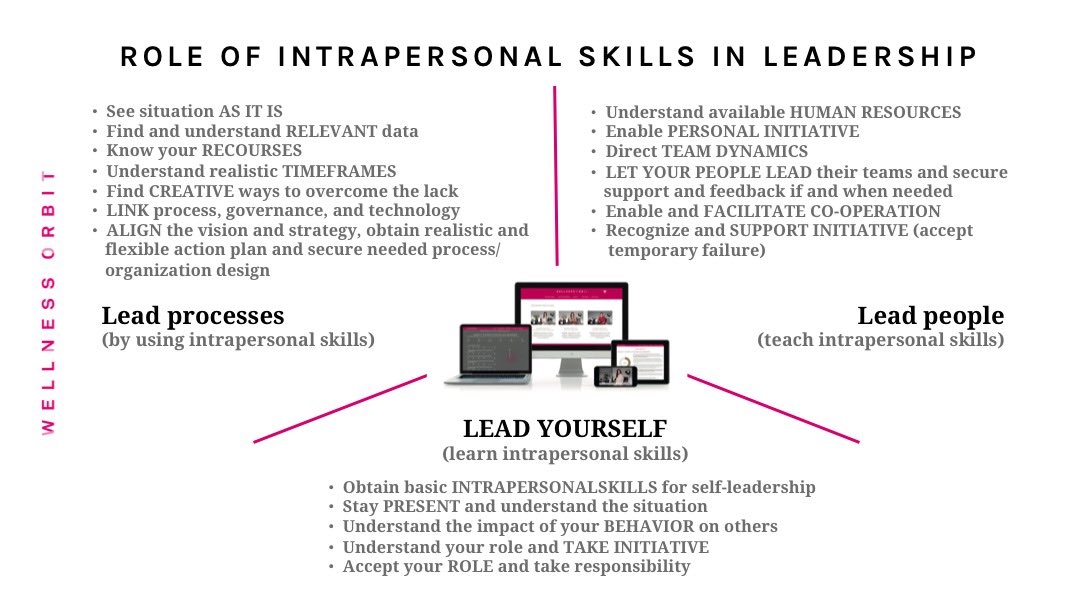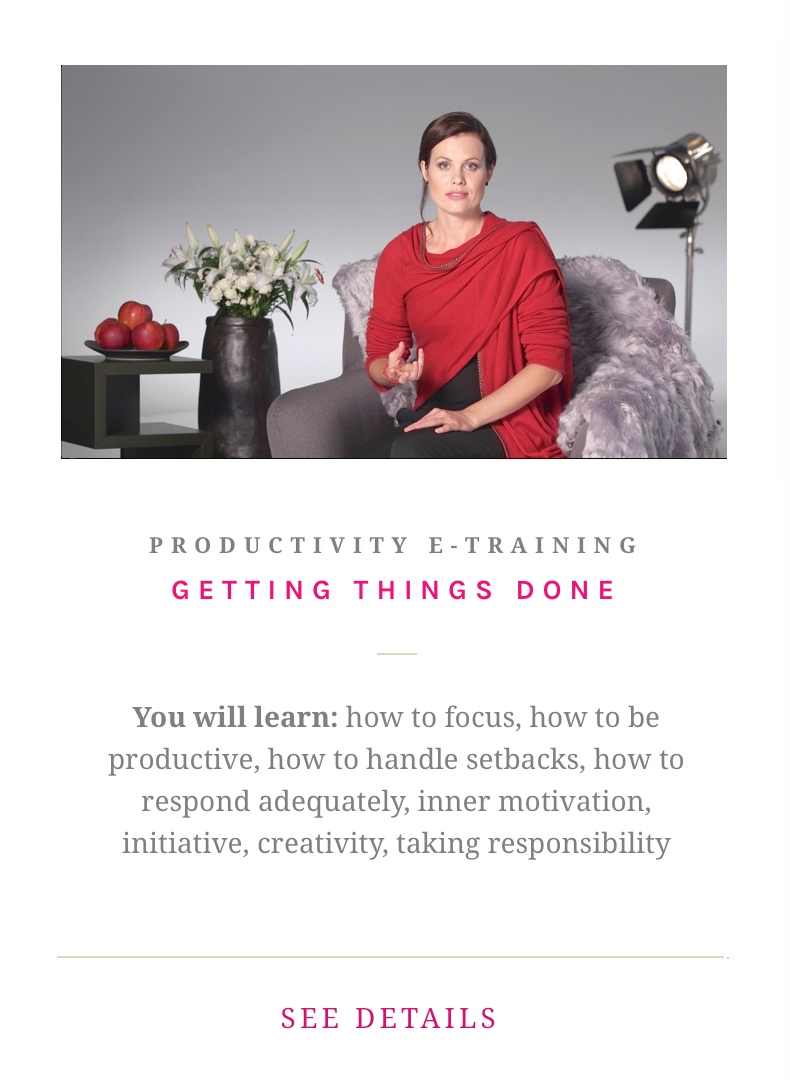Agility is a critical trait for success in the modern work and business environment, where change is rapid and new uncertainty factors are constantly popping up.
An agile mindset is based on having good intrapersonal skills and allows individuals to respond to challenges with more creativity, flexibility, and resilience. Being agile is being free from dogmas and subconsciously learned patterns, and therefore aids us in spotting opportunities to stay ahead of the curve.
How to cultivate the agile mindset?
First, workplace leaders and HRs should embrace a growth mindset. Such a mindset involves cultivating a willingness to learn, encouragement to take on new challenges, and more personal responsibility. Also, such a mindset views failure as a learning opportunity. This approach can support employees to stay motivated and engaged, even in the face of setbacks, and consistently improve their professional skills and knowledge.
On an individual level, daring to be agile demands freedom from fears and automatic inner reactions that keep us in subconscious habitual patterns.
Overcoming unhealthy habits, stress, and anxiousness represents the key here. When people worry, are stressed, and approach the final stages of burnout, they lose a broader perspective and the ability to perceive situations adequately.
When people have both intrapersonal and interpersonal skills, trust and collaboration can flourish.
Collaboration and trust are essential for cultivating an agile mindset, as they allow individuals to exchange ideas, perspectives, and approaches, and to develop more innovative solutions to problems.
When people lead their own intrapersonal processes first, working together becomes easier. In a healthy work environment, employees can draw on each other's strengths and experiences. This allows for approaching various challenges with a more diverse range of perspectives and insights. In such a work environment, problems are seen as solvable challenges.
Experimentation represents another essential component of agility. All experimentation inevitably involves understanding and accepting risks.
Trying new things and solutions becomes safe when failure is identified as a natural part of any learning curve.
Daring to experiment and fail can help individuals and organizations to innovate.
When we add awareness-based intrapersonal skills like intuition and creativity, then calm-minded people can, by trial and error, come to a great new solution.
Putting pressure and burdensome regulations on people, on the other hand, kills innovation.
In general, fewer rules, more trust, and good work-life integration abilities reduce stress and allow more agility.
Agility is about being adaptive over time. Success is about adapting quickly and effectively to changing circumstances and environments. It involves being flexible, responsive, and creative in the face of challenges, and being able to pivot and adjust strategies and approaches as needed.
Mind health training is the key to success
Ongoing mind health training and professional development act here as a powerful tandem. Intrapersonal skills support professional skills, and constant improvement of skills is critical for building an agile mindset.
In real life, only practical skills allow individuals to notice how the most recent trends and best practices in their industry can be implemented in their workplace or business.
While we train our bodies and professional skills, training our minds has been a recent concept. However, as we work with our heads, we need to consistently improve our intrapersonal skills and secure good mind health.
|
By investing in their employee intrapersonal development, workplaces can build a base for becoming also more skilled on an executive level. Intrapersonal skills secure adaptable individuals who can position themselves for success in the future.
Last but not least, creating a positive work environment and work relations is essential for cultivating agility.
Solution-focused attitude helps to provide employees with the needed resources and recognize and reward their achievements. A positive work environment can also foster a sense of camaraderie and collaboration, and can help to build a culture of continuous learning and improvement.
Building a positive work environment is possible only when people deal with their own inner negativity and reactivity first.
Above all, building positive work morale must start at the top, because nothing undermines a team more than a toxic manager who rules through control and fear.
Leaders who instead promote calmness, mental wellness, and collaboration build teams that thrive under pressure and deliver sustainable results. Here, intrapersonal skills are again the key to all other leadership skills (see the graph below) that open up agile paths forward.

Interpersonal skills enable improving relationships and collaboration with other team members and contribute to agile ways of resolving problems and conflicts.
Knowing how to listen, notice, and keep a calm mind represents here the path to success. A calm-minded leader earns trust and is able to notice where their team needs support and resources.
What do recent studies state about agility?
Studies have shown that highly agile companies are more likely to have higher revenues, better profit margins, and stronger employee engagement. Teams with agile members are better skilled to respond to customer needs and preferences.
According to a study by KPMG in 120 organizations across multiple industries in 17 countries, agile companies are more innovative and successful.
The study stated, "There is no doubt that adopting Agile values and principles beyond the team level requires a cultural shift. This is emphasised by 59% of respondents mentioning culture and performance management as their key challenge in their shift towards agility." Some of the insights of this study about agility can be seen in the graphs below.  When summarizing different studies, it can be said that agile companies are twice as likely to be among the leading performers in their industry.
When summarizing different studies, it can be said that agile companies are twice as likely to be among the leading performers in their industry.
These findings suggest that agility represents more than a desirable trait for businesses.
Agility secures long-term success and competitiveness.
Conclusion
Cultivating an agile mindset and learning intrapersonal skills are critical for success in today's business environment.
By embracing a growth mindset, encouraging collaboration and experimentation, and fostering a positive work environment, individuals and organizations can develop both intrapersonal and professional skills that are necessary for agility. By doing so, they can thrive in even the most challenging and uncertain of times.





